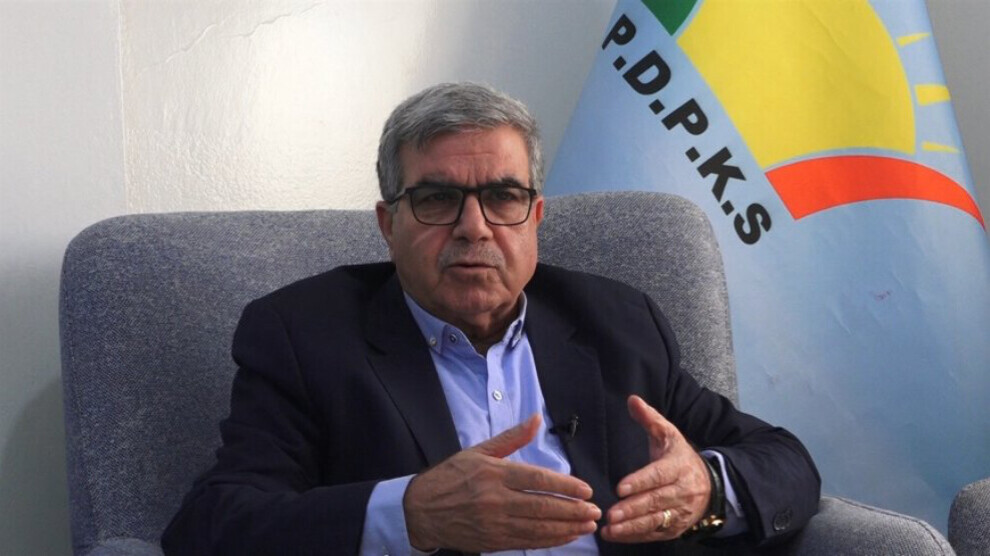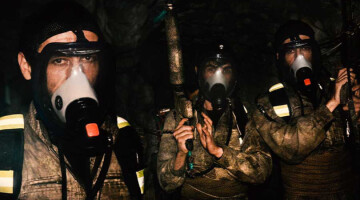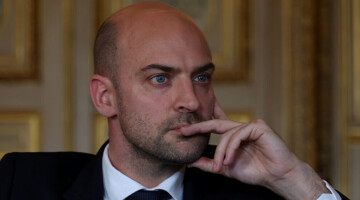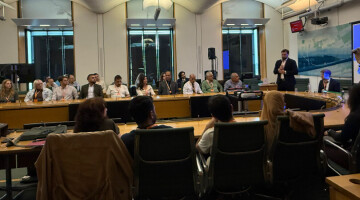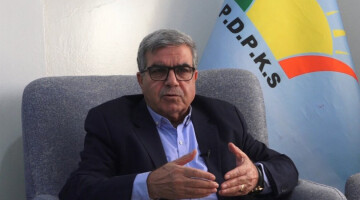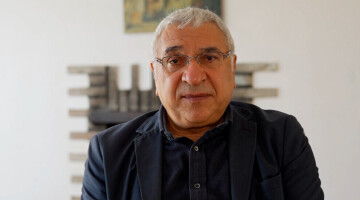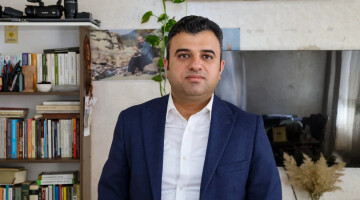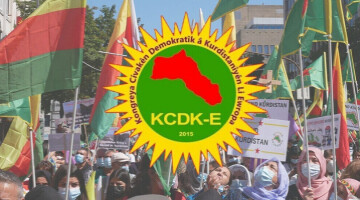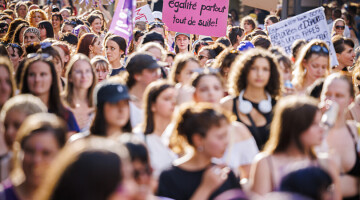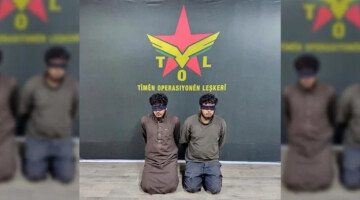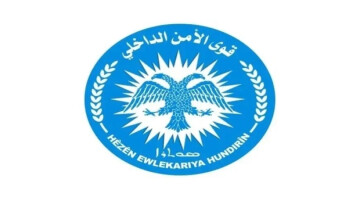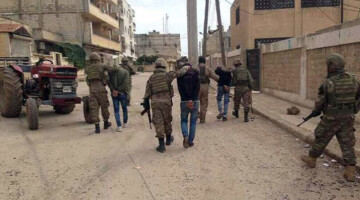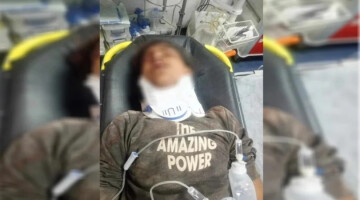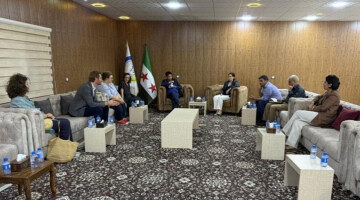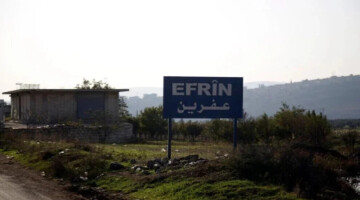Despite the political situation in Syria remaining unclear following the civil war, the Kurds in Rojava have taken a historic step.
Following the “Kurdish Unity and Common Position Conference” held in Rojava on April 26, 2025, a united negotiating delegation representing the Syrian Kurds was established.
This delegation will be tasked with negotiating with the Damascus administration on the basis of the constitutional rights of the Kurds.
One of the key figures in the delegation, Ehmed Silêman, Deputy Secretary-General of the Syrian Kurdish Progressive Democratic Party, spoke to Numedya about the background to these developments and the importance of the process.
A new beginning
Assessing the reasons behind the failed attempts at unity since 2011, Silêman sees the difference of the new process in the existence of a joint vision document and the broad participation in the committee. This document outlines common demands regarding the national rights of the Kurds and the principles that will form the basis for negotiations with Damascus.
Decisive support
Silêman pointed out that Mazloum Abdi, commander-in-chief of the Syrian Democratic Forces (SDF), played a decisive role in the formation of the new delegation, with support from international actors such as the US and France. Silêman said, "The role of Kurdish parties and forces in other parts, especially the Kurdistan Democratic Party (KDP), the Kurdistan Workers' Party (PKK), and the Patriotic Union of Kurdistan (PUK), is significant. This had an important and positive impact on reaching the agreement. I believe that they will continue to play a positive role in deepening mutual understanding among Kurds. We hope that they will continue to contribute to maintaining this positive environment and providing regional and international support for a solution to the Kurdish question in Syria."
Strategic opportunity
Silêman emphasized that the difference between this delegation and previous initiatives is not merely symbolic, but functional. The delegation's goal is to ensure that Kurds obtain their legitimate rights not only in Rojava, but throughout Syria, and to secure this process on a constitutional basis. In this context, an approach based on mutual persuasion rather than red lines will be adopted in the negotiations.
Silêman said, “The war, which has devastated Syria at various levels for the past 14 years, will undoubtedly continue until the Kurds obtain their legitimate national rights, and peace initiatives will not succeed. What makes this delegation different is that its mission is embodied in dialogue and negotiations with the Damascus government and various components of the Syrian population.”
He added, “The members of the delegation should work as a united team representing all Kurds in Syria, transcending narrow party-based differences.”
Öcalan’s Call and Turkey’s position
Ehmed Silêman stated that Kurdish leader Abdullah Öcalan’s February 27, 2025 ‘Call for Peace and Democratic Society’ had a direct positive impact on Rojava.
“Mr. Abdullah Öcalan’s call was made at a very important and equally historic time,” said Silêman, adding that following this call, a decrease in Turkey’s harsh stance toward Rojava was observed, and a ceasefire was achieved through the assistance of the International Coalition.
“It is also noteworthy that the PKK’s decision (to disband and disarm) has had a direct and positive impact on the Rojava Kurds because Turkey’s position towards the Rojava Kurds and their regions has clearly changed after this call.”
Pointing out that the call (by Öcalan) and the ceasefire (by the PKK) have led to a significant reduction in pressure, Silêman said, “There is a clear, tangible change in Turkey's attitude towards the Kurds and the SDF.”
“We hope that Syria will be a country that lives in peace with itself and its neighbors, including Turkey,” he added.
Efforts for a resolution
Sileman pointed out that the US, France, and the International Coalition are no longer limited to the east of the Euphrates, but have also increased their influence over Damascus. He stated that the agreement reached between Mazloum Abdi and Syrian interim President Ahmed al-Sharaa in particular shows that international actors can play a constructive role in resolving the Kurdish issue.
“We will show that we are moving towards finding fair and just solutions that protect the national role of the Syrian Kurds and their quest for equality and true partnership on legal and constitutional grounds,” he emphasized.
Mission of the Kurdish delegation
Regarding the mission of the Kurdish delegation, Silêman stated the following: “The primary goal of the negotiating team is to ensure that the rights of the Kurds in Syria are secured within the framework of a democratic, decentralized Syria. In this way, it aims to provide all the necessary factors and conditions for a solution and an agreement with Damascus.”

